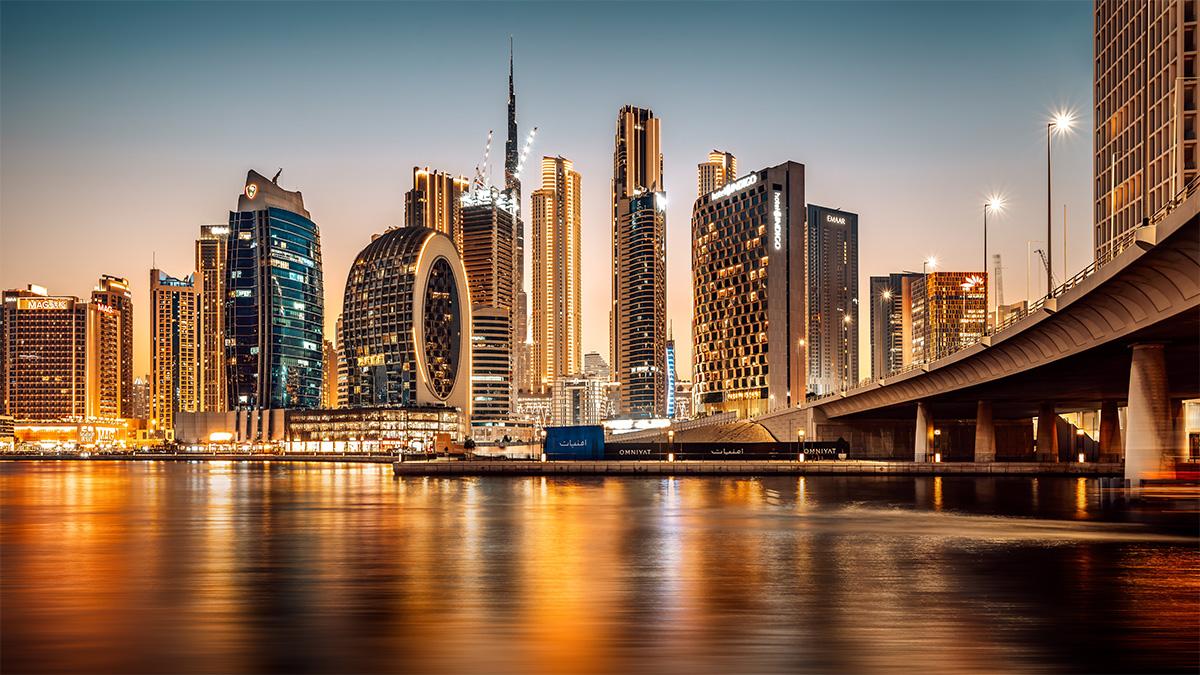For many looking to build a life in the UAE, the visa system can seem harder to follow than it really is. Officially, there are just two categories: tourist and resident. But within the resident group, there’s a growing list of long-term options tailored to different needs, including investors, business owners, professionals and retirees.
This guide looks at how each of these visas works, who they're for and why the UAE is offering more ways for people to stay longer term.
Investor Visa: Residency through business setup
The Investor Visa is one of the most direct ways to gain UAE residency. If you set up a company, either in a mainland jurisdiction or a free zone, you become eligible for a two-year renewable resident visa as a shareholder or partner.
This visa allows you to live and work in the UAE, sponsor family members, and access benefits like a local bank account and Emirates ID. The company setup doesn’t need to be large, and there’s no requirement to employ staff if you're applying as a solo founder.
It’s a popular option for entrepreneurs, small business owners and consultants who want a flexible route to long-term residency while maintaining full control over their operations.
Green Visa: Residency without an employer
The Green Visa was introduced to make long-term residency more flexible, especially for those who don’t meet the higher requirements tied to the Golden Visa. It suits skilled professionals, the self-employed and freelancers, and comes with fewer restrictions.
Holders can sponsor themselves without a company or employer. Applicants usually need a bachelor’s degree and a monthly income of at least AED 15,000. Those working independently will also need a freelance or business permit, along with proof of earnings.
The visa runs for five years and can be renewed. It also covers immediate family members and allows longer grace periods after cancellation. It offers more freedom than a standard work visa, especially for people who manage their own clients or projects.
Freelance Visa
The Freelance Visa is another way to live and work in the UAE without a full-time sponsor. It’s issued by certain free zones and tied to a freelance licence that allows you to operate legally across a range of sectors, including media, education, design and IT.
Applicants typically need to show past work, a portfolio or business plan and, in some cases, a no-objection letter. Once approved, this licence lets you work for multiple clients under your own name and bill for services legally.
This route suits writers, consultants, developers, trainers or creatives who want independence and flexibility while staying compliant with UAE rules. The visa itself is part of the standard resident visa system, but its setup through a free zone gives it more structure.
The Content Creator Visa
This permit is part of the freelance group but is focused on digital work. It’s used by people who make money through online platforms, including influencers, video creators, podcasters and social media professionals.
To qualify, you’ll need to show activity, reach and income, and in some cases may need a permit from Dubai Culture or the Media Regulatory Office depending on your niche.
The visa is valid for one or two years, depending on the issuing zone, and can be renewed. Applicants must also hold a valid freelance licence, have health insurance and open a local bank account. As with other freelance routes, this visa lets you take on multiple projects and sponsors without being linked to one employer.
Remote Work Visa
The Remote Work Visa gives people a legal base in the UAE while working for a company based abroad. It’s a one-year renewable permit aimed at remote workers, business owners or consultants who want to live in the country without opening a company here.
To apply, salaried staff need to earn at least USD 3,500 per month and show a valid contract, payslips and bank statements. Business owners must show they’ve owned their company for at least a year and can meet the same income level through business earnings.
Applicants also need health insurance valid in the UAE and a passport with at least six months left. The visa lets you rent a home, set up utilities and open a bank account. It’s a simple, direct way to get residency without having to relocate your business.
Retirement Visa
For those aged 55 or over, the Retirement Visa offers a long-term stay in the UAE without the need to work or invest in a business. Some call it the “Silver Visa,” but that name isn’t used officially.
To be eligible, you’ll need to meet at least one of the financial requirements. You can own property worth AED 1 million or more, show local savings of the same value or receive a monthly income of AED 20,000 or higher from a pension or other regular source. Documents such as title deeds, bank statements and pension letters are required.
The visa lasts five years and can be renewed if the financial conditions are still met. Spouses and children can also be included. It’s a solid choice for long-time residents or frequent visitors who want to stay on more stable terms.
Visa classification clarified
All the visas covered here fall under the UAE’s resident visa category. That’s the only official classification used alongside tourist visas. Labels like “Green” or “Silver” are informal. They help describe who the visa is for or how it works, but they aren’t separate visa types in law.
Each is a variation on the same base permit. The main differences come down to who qualifies, how the application is handled and what’s needed to renew it. Knowing this helps avoid confusion and keeps the focus on what matters — choosing the visa that fits your plans.

